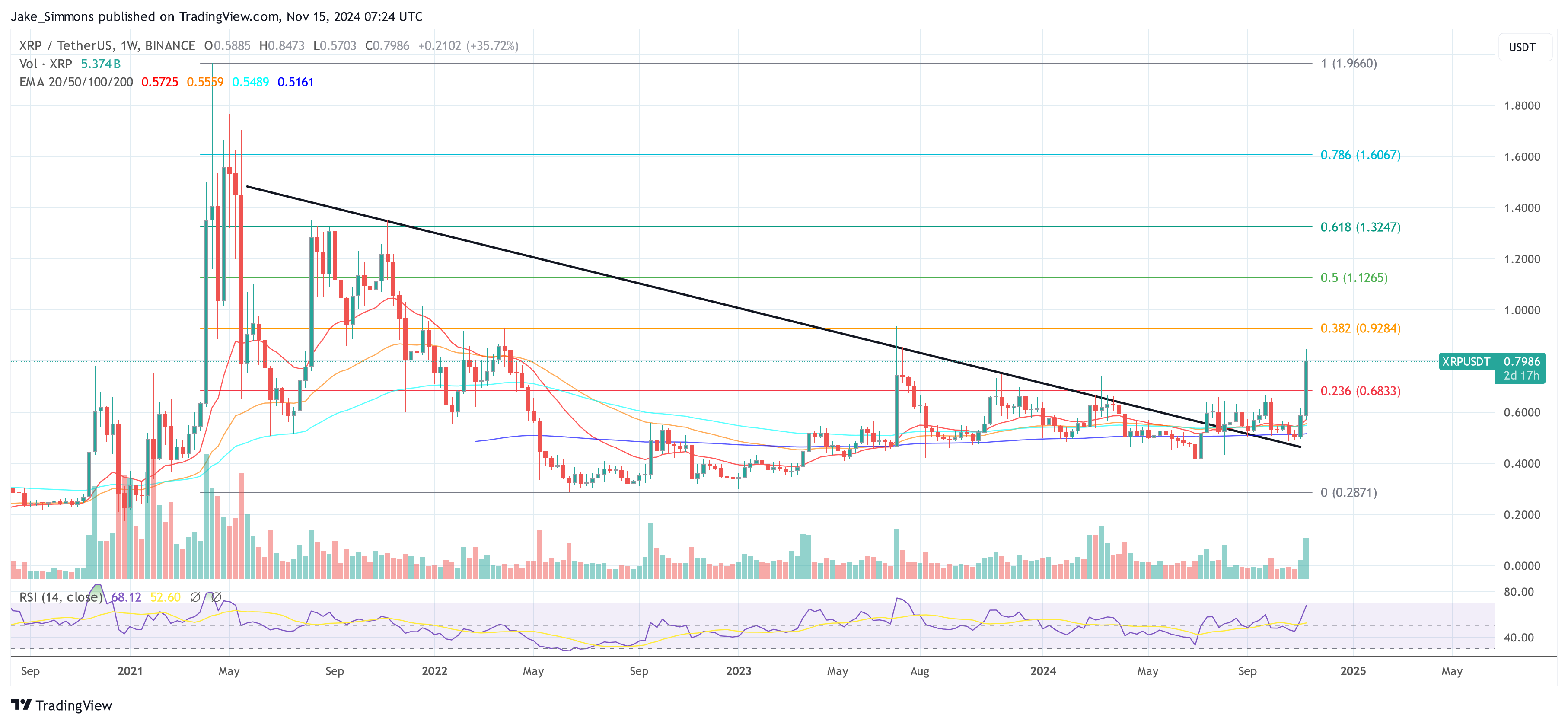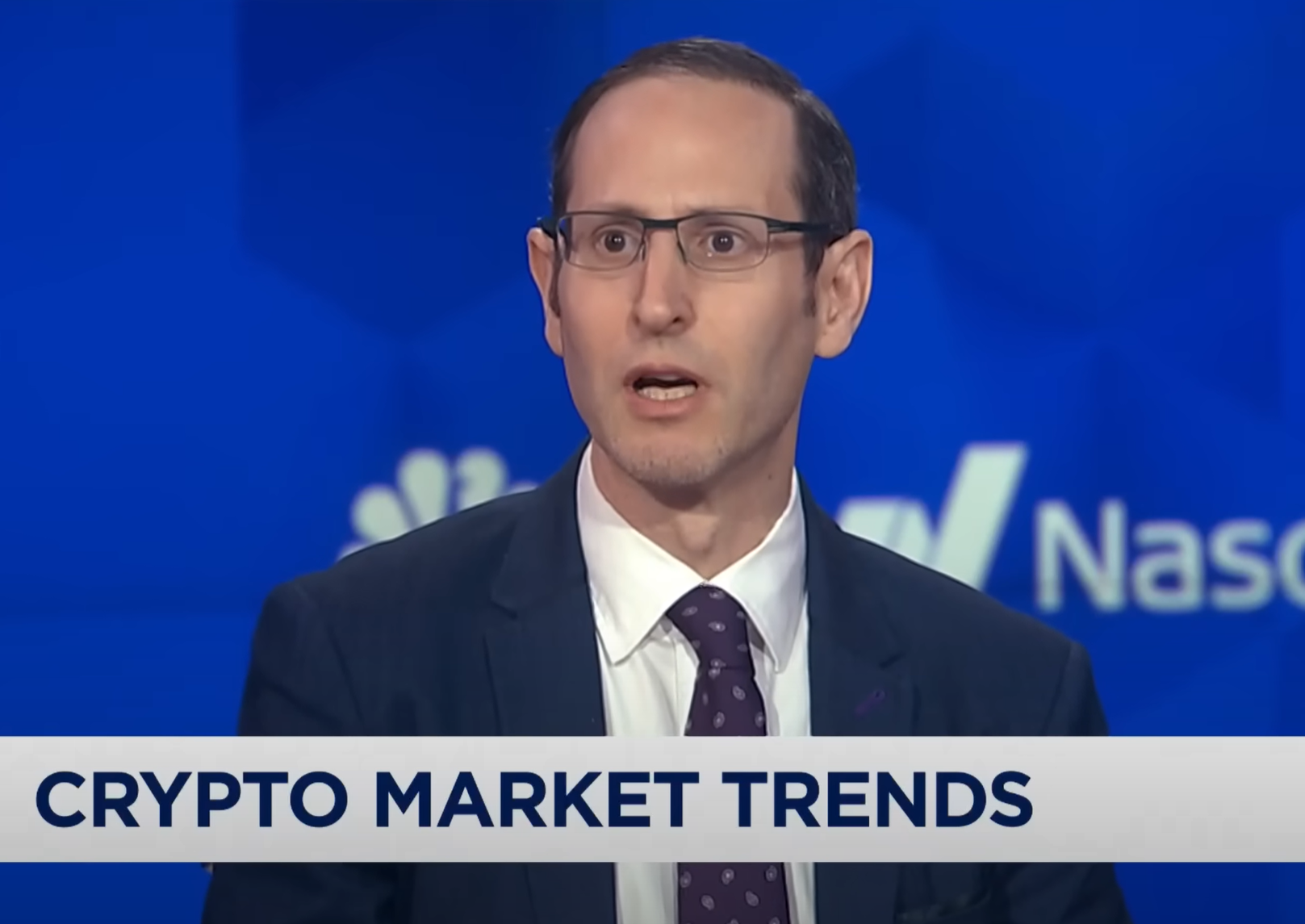Amidst much trumpeting from US and European financial leaders, cryptocurrencies are again being maligned, this time as vehicles for Russian evasion of sanctions, despite financial experts explaining the total lack of feasibility for this course of action.
Russia has been heavily sanctioned over recent weeks, including cutting the country off from the SWIFT global payments system, and preventing it from using most of its currency reserves.
Sberbank, the biggest bank in Russia, has had problems of its own, seeing its shares fall precipitously and being unable to trade in Europe. However, according to a Business Insider article, the bank was granted a licence to launch its own cryptocurrency by the Russian central bank.
The cryptocurrency, called the sbercoin, has eagerly been seized upon and blamed by some as a means of getting around the sanctions imposed on Russia’s traditional financial system.
Asheesh Birla, general manager at blockchain-based payments service provider RippleNet, was quoted in the article as echoing the remarks of other financial experts when he said:
“It’s going to be super-problematic for them to get much traction here, because they also need a liquid exchange that is going to take the Russian ruble,”
On the feasibility of using the sbercoin for moving money around he added:
“It’s like taking your own bank account, and putting it onto a ledger. It’s not all that useful, unless you can start trading it for other things. And so far, the data I saw is that it’s not very liquid,”
According to Chainalysis, since the start of the Russian invasion into Ukraine, the ruble to crypto trading volume has actually declined, after an initial spike of 900% in just five days. Chainalysis also states that crypto adoption was typically high in Russia, even before the invasion.
Crypto has a combined market cap of only $2.2 trillion, and therefore it must be wondered why the likes of US Senator Elizabeth Warren, and European bank head Christine Lagarde, can still be trying to push this crypto sanctions evasion narrative, in spite of such blatantly obvious evidence to the contrary.
Disclaimer: This article is provided for informational purposes only. It is not offered or intended to be used as legal, tax, investment, financial, or other advice.
Credit: Source link























